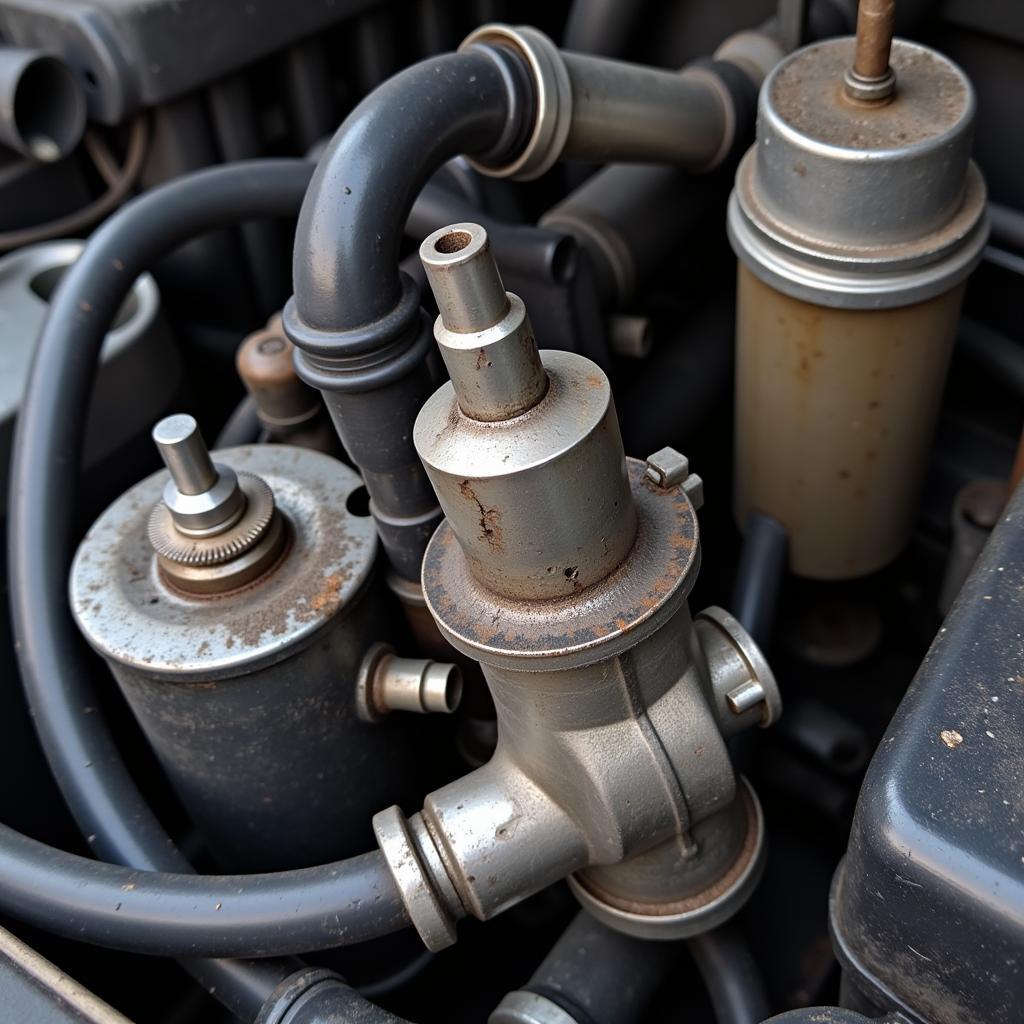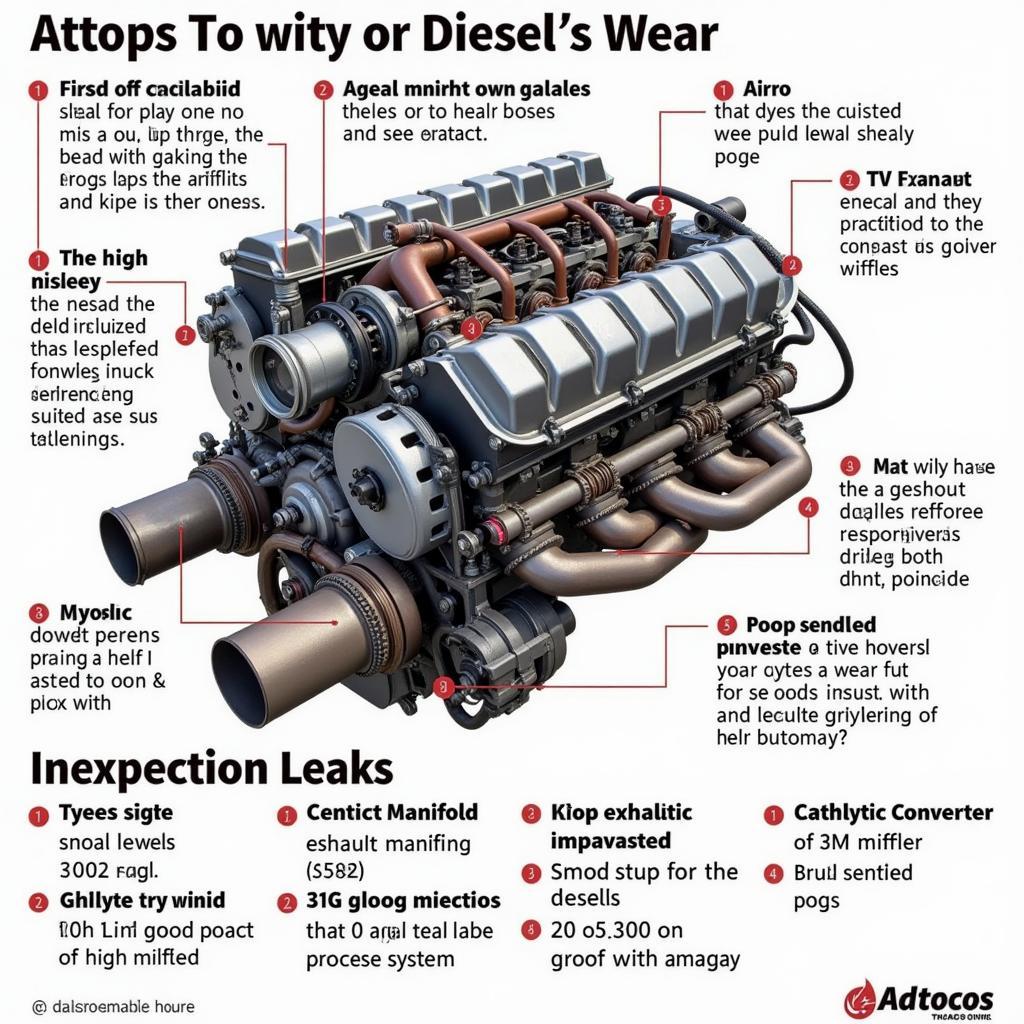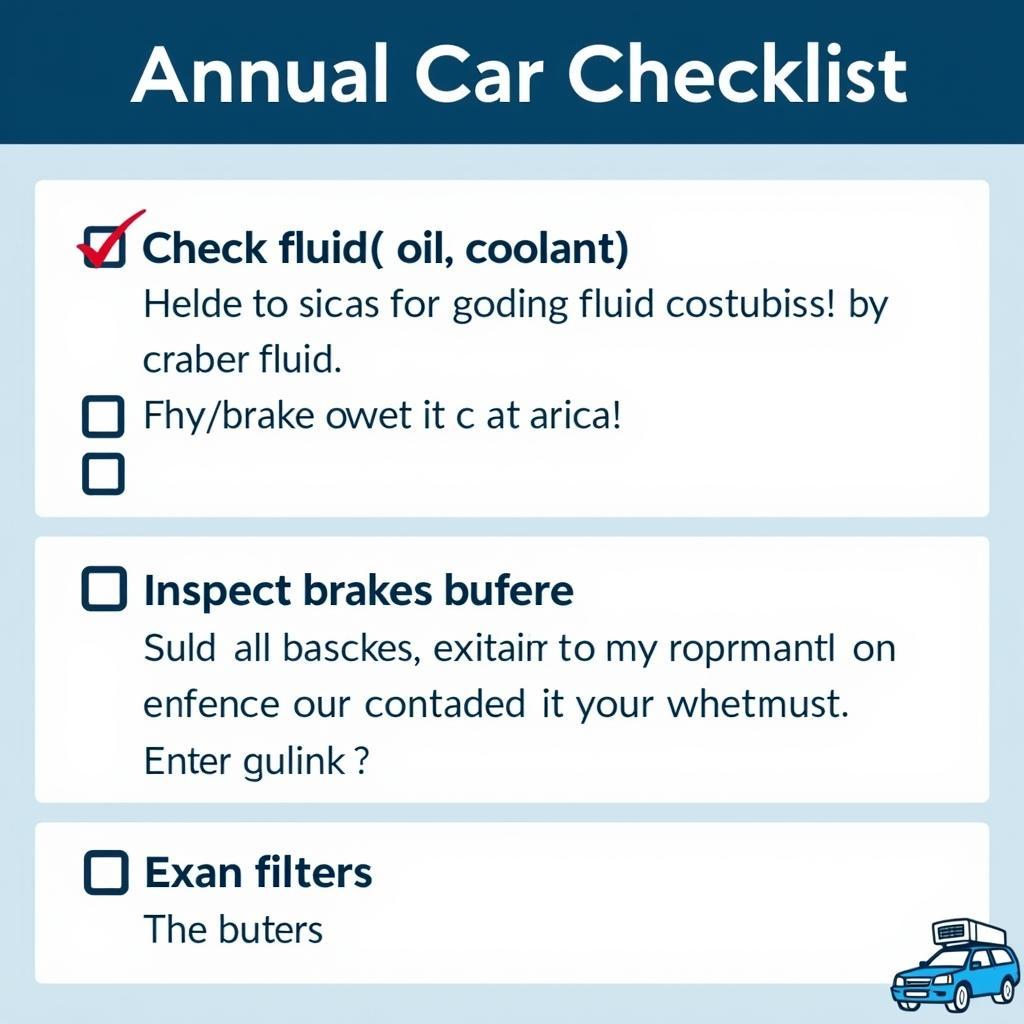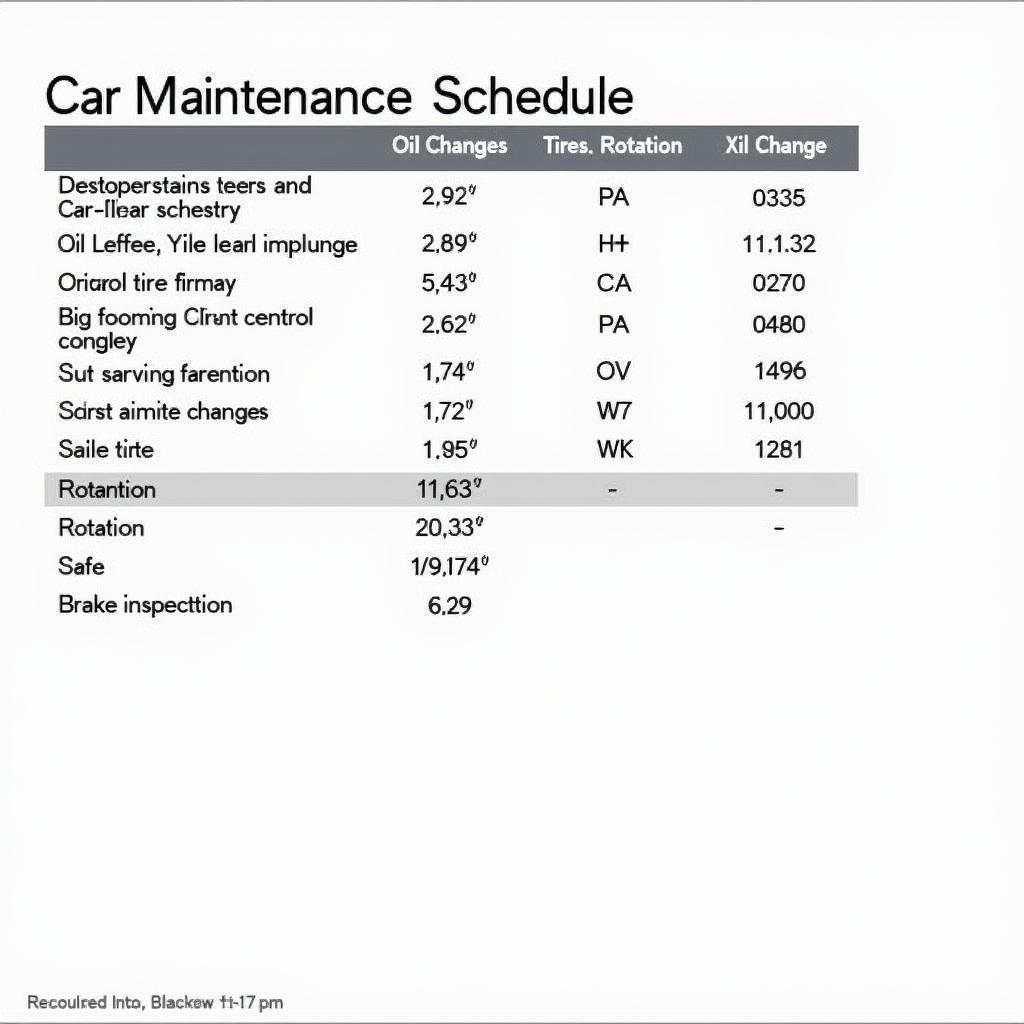What Diesel Service Does a Car Need at 200000 Miles?
Owning a diesel vehicle that’s clocked 200,000 miles is a testament to its durability. But hitting this milestone means your trusty diesel needs some extra attention. Understanding what diesel service a car needs at 200,000 miles is crucial for maintaining its performance and extending its life. Let’s dive into the essential maintenance tasks your high-mileage diesel requires.
Essential Diesel Services at 200,000 Miles
Several key services are vital for your diesel engine at 200,000 miles. These focus on addressing wear and tear and preventing potential issues down the road.
Fuel System Maintenance
The fuel system is the lifeblood of your diesel engine. At 200,000 miles, components like the fuel filter, fuel injectors, and fuel pump may be showing signs of wear. Replacing the fuel filter is crucial for preventing contaminants from reaching the injectors and causing damage. Inspecting and cleaning, or even replacing, the fuel injectors can improve fuel efficiency and engine performance.
- Fuel Filter Replacement: Absolutely essential at this mileage to prevent costly injector issues.
- Fuel Injector Inspection/Cleaning/Replacement: Improves combustion and optimizes fuel economy.
- Fuel Pump Inspection: Checking for leaks or reduced pressure is a good preventative measure.
 Diesel Fuel System Components at 200,000 Miles
Diesel Fuel System Components at 200,000 Miles
Cooling System Check-up
A properly functioning cooling system is paramount, especially for a high-mileage diesel. Inspecting the radiator, hoses, water pump, and thermostat for leaks or damage is crucial. Flushing the cooling system and replacing the coolant can prevent overheating and corrosion.
- Radiator and Hose Inspection: Prevents leaks and ensures efficient cooling.
- Water Pump Inspection: Identifies potential leaks or bearing wear.
- Thermostat Check: Ensures proper engine operating temperature.
- Coolant Flush and Replacement: Removes contaminants and replenishes protective additives.
Turbocharger Inspection
If your diesel engine is turbocharged, inspecting the turbocharger for excessive play, worn seals, or damaged fins is crucial at this mileage. Ignoring turbocharger issues can lead to costly repairs or even engine failure.
- Check for shaft play: Indicates wear in the turbocharger bearings.
- Inspect for oil leaks: Worn seals can cause oil to leak into the intake or exhaust.
- Listen for unusual noises: Whining or whistling sounds can indicate turbocharger problems.
“Regular turbocharger inspections are particularly crucial for high-mileage diesels,” advises John Miller, Senior Diesel Mechanic at Miller’s Automotive. “Early detection of issues can prevent catastrophic engine damage.”
Exhaust System Evaluation
Inspecting the exhaust system for leaks, cracks, or damage is important for both performance and emissions. A faulty exhaust system can lead to reduced fuel efficiency and increased pollutants.
- Check for exhaust leaks: Leaks can reduce engine performance and increase noise.
- Inspect the exhaust manifold: Cracks or warping can cause exhaust leaks.
- Examine the catalytic converter: Ensure it’s functioning correctly to minimize emissions.
 Exhaust System Check for a High-Mileage Diesel Engine
Exhaust System Check for a High-Mileage Diesel Engine
Conclusion
Reaching 200,000 miles with your diesel vehicle is a significant achievement. By addressing these key service areas – what diesel service does a car need at 200,000 miles – you can ensure your diesel continues to run smoothly and reliably for many more miles. Don’t neglect these important maintenance tasks.
FAQ
- How often should I change the fuel filter on my diesel?
- What are the signs of a failing fuel injector?
- Why is cooling system maintenance so crucial for diesel engines?
- What are the symptoms of a bad turbocharger?
- How can I tell if my exhaust system is leaking?
- What is the importance of regular diesel maintenance at high mileage?
- Can I perform these services myself, or should I take my car to a mechanic?
Need help with your diesel? Contact us via WhatsApp: +1(641)206-8880, Email: [email protected]. We have a 24/7 customer support team.

